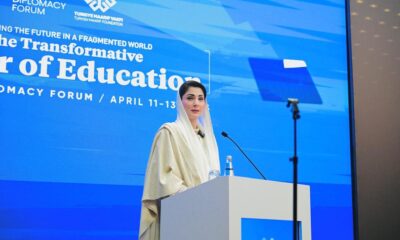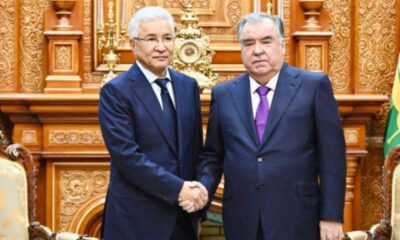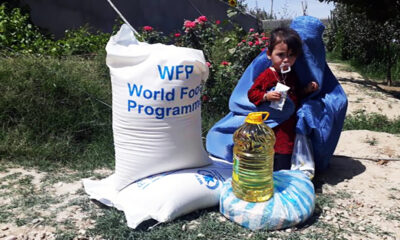Latest News
Indian, Iranian foreign ministers meet, discuss Afghanistan and Chabahar Port
They exchanged views on regional and international developments, with a particular focus on the situation in Afghanistan, which also wants to expand its trade relations with countries through Chabahar Port.
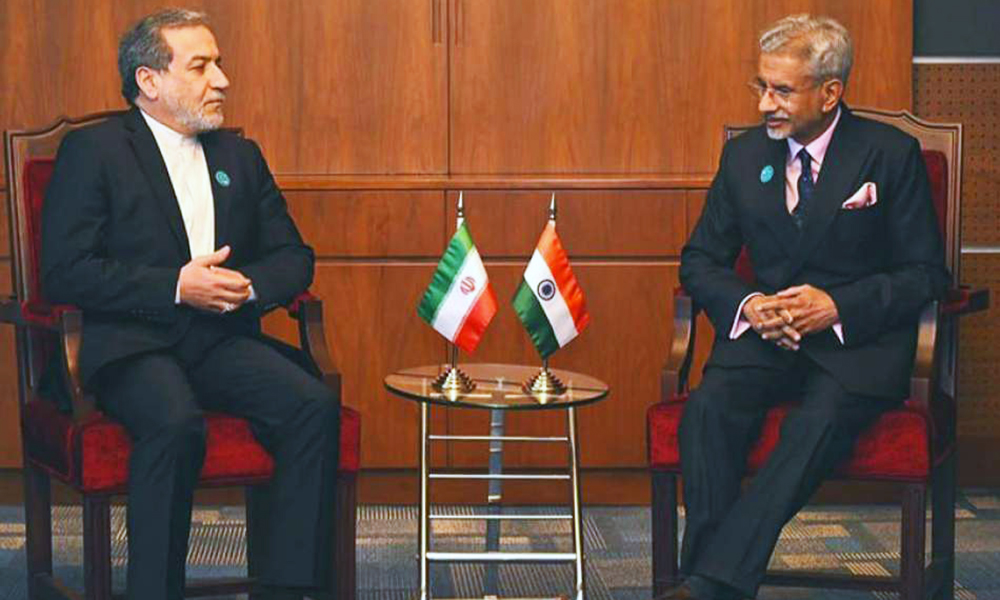
The Indian Foreign Minister Subrahmanyam Jaishankar says he met with his Iranian counterpart, Seyyed Abbas Araghchi in Muscat on Sunday and discussed various issues including the situation in Afghanistan and Chabahar Port.
In a post on X, Jaishankar described the meeting with Araghchi as “good” and said they discussed bilateral relations and regional developments.
Araghchi and Jaishankar were both in Muscat, Oman, for the 8th Indian Ocean Conference.
Araghchi said in an interview with Indian media that Tehran attaches “great importance” to their relations with India.
“In the past, there was a lot of trade between Iran and India. There have been ups and downs, but there is a strong will between the two sides to strengthen relations and we will continue to do so.
Araghchi also said: “Trade cooperation between the two countries is ongoing, and although there have always been ups and downs, both sides are determined to continue the cooperation.”
On Chabahar Port, he said: “We have a 10-year agreement with India regarding Chabahar Port. We are aware that the Indians are consulting with the Americans about the cancellation of the exemption for this port.”
“We know that questions have been raised by a third party, we know that the Indians are consulting with the Americans on this matter, so we will leave the decision-making to our friends.”
The two foreign ministers also reviewed various aspects of Iran-India relations, including political, cultural, economic, and trade cooperation.
They exchanged views on regional and international developments, with a particular focus on the situation in Afghanistan, which also wants to expand its trade relations with countries through Chabahar Port.
Experts have said if Chabahar Port is exempted from US sanctions, Afghanistan can also export its commercial goods to different countries using this port.
Iran is one of Afghanistan’s largest trading partners in the region and trade relations between the two countries has continued to grow.
In 2024, the trade volume between Iran and Afghanistan increased to $3.197 billion, an 84% increase from 2023.
Experts have meanwhile said one of the key factors behind Tehran and Kabul’s drive to expand trade between themselves is to offset the effects of sanctions leveled against both countries.
Latest News
Pakistani PM urges IEA to rein in terrorist groups
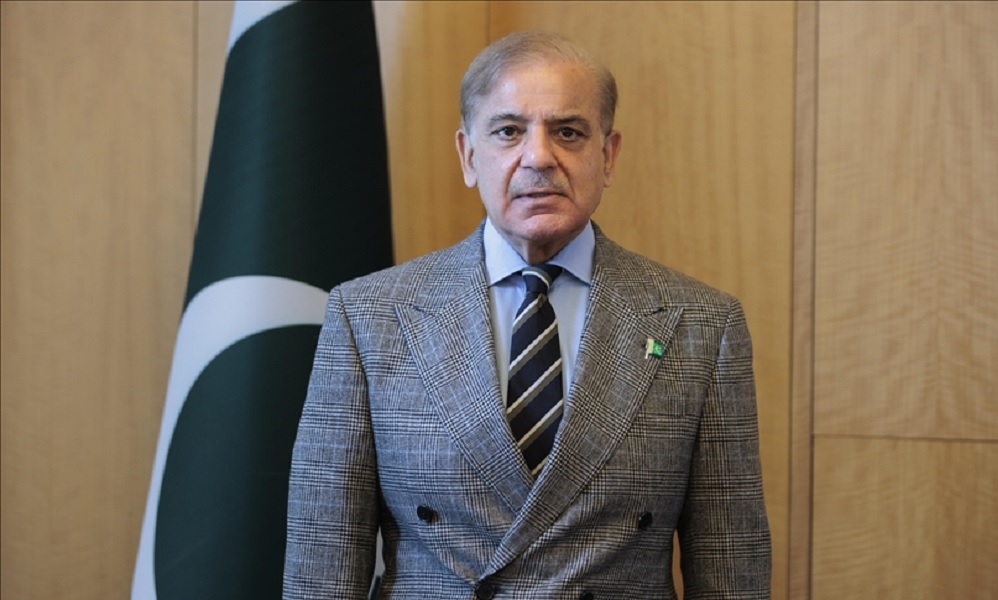
Pakistan’s Prime Minister Shehbaz Sharif has said that it’s a sad reality that the soil of neighbouring Afghanistan is being used for terrorist attacks inside Pakistan.
“Afghanistan is our brotherly country and the two countries are neighbours by nature. We have to live as good neighbours. It’s up to us how we live cordially and in a friendly way. We have asked the Afghan interim government several times that the Afghan soil should not be used as per the Doha agreement against Pakistan and its interests,” Shehbaz told the media during his visit to London, Geo News reported on Sunday.
“Sadly, terror groups such as Tehreek-e-Taliban (TTP) and other terror groups are operating from Afghanistan. They have killed innocent people inside Pakistan. These sacrifices of Pakistanis will not go in vain. My advice to Afghanistan is to rein in these terrorist groups.”
Pakistani officials have repeatedly claimed that Afghan soil is being used in attacks against Pakistan.
The Islamic Emirate, however, has denied the allegations, saying Afghanistan is not responsible for Pakistan’s “security failure”.
Latest News
Pakistan’s Punjab CM calls for ‘human response’ to Afghan girls’ education ban
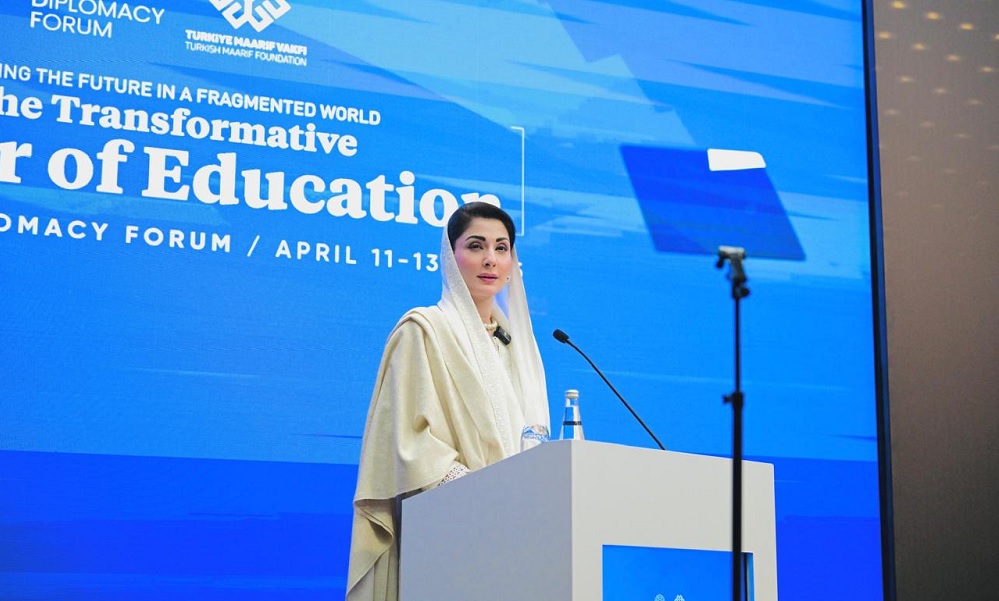
Maryam Nawaz, the chief minister of Pakistan’s Punjab province, on Saturday expressed regret over the educational restrictions on girls in Afghanistan, calling on the international community to address the issue.
Speaking at the Antalya Diplomacy Forum in Turkey, Maryam stressed that no society progresses without investing in the welfare of women and children.
“Innocent children lie under the rubble in Palestine. Girls in Afghanistan are denied access to schools. The children of Kashmir are victims of oppression. In Sudan, they walk miles for food. These are not isolated issues—they demand collective human response,” she said.
The Islamic Emirate has suspended education of girls beyond sixth grade.
This policy has been widely criticised internationally.
Latest News
IEA Supreme Leader defends public executions, says its as ‘part of Islam’
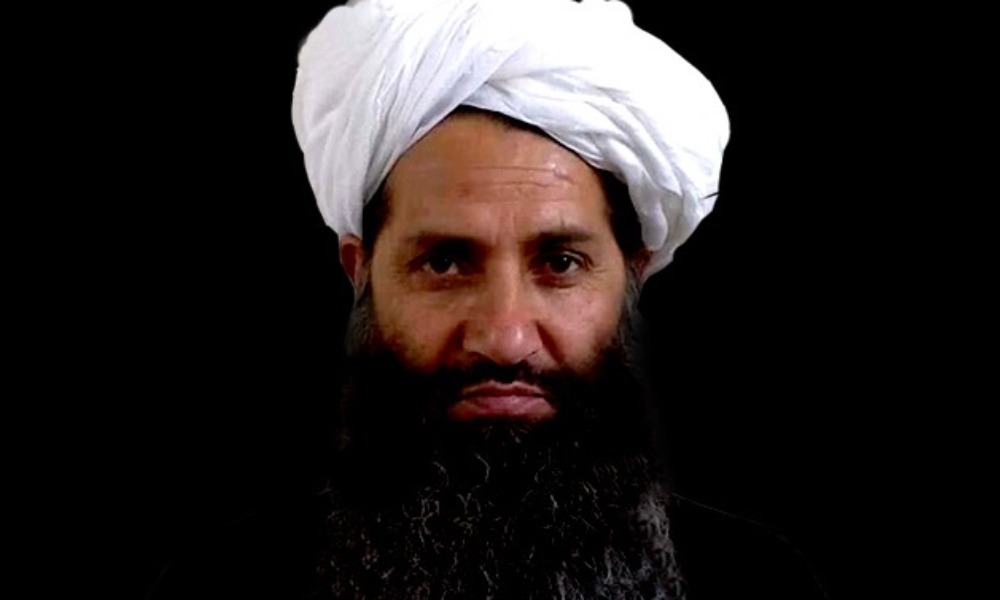
The Supreme Leader of the islamic Emirate of Afghanistan (IEA) Hibatullah Akhundzada has defended public executions and said these are an integral part of Islam.
In a voice clip reportedly taped during a speech at a seminar for Hajj instructors in Kandahar on Saturday, Akhundzada said: “We must carry out disciplinary measures, perform prayers and acts of worship. We must enter Islam completely. Islam is not just limited to a few rituals; it is a comprehensive system of all divine commands.”
Not a single command of Islam should be left unfulfilled, he is heard saying on the voice clip, which was posted to X by the IEA’s spokesman Zabihullah Mujahid.
God had commanded people to pray and to enforce his punishments, said Akhundzada, adding that the IEA did not wage war for power or wealth but rather to “implement Islamic law”. He rejected criticism of the executions.
This comes after widespread condemnation following the execution by firing squad on Friday of four men convicted of murder.
Akhundzada has previously rejected the need for Western laws in Afghanistan.
He said Saturday: “Yesterday, executions were carried out. You saw how much protest was raised in the world, and said that they [IEA] kill people, that they are oppressors, that they terrorize people. They call this terror; they call this against Sharia; but this is a Sharia order to take revenge. One order is to implement the orders of Allah. One order is to impose punishments,” said Akhundzada.
He added that the Islamic Emirate is facing a great test but they will not bargain with the world over Islam, religion, and the Prophet (PBUH).
-

 Sport5 days ago
Sport5 days agoAfghanistan win U-19 cricket series despite rain-impacted loss to Nepal
-
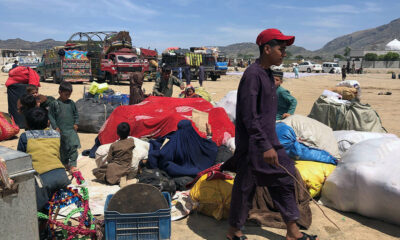
 Latest News5 days ago
Latest News5 days agoPakistan expels thousands of Afghan nationals in fresh drive, says UNHCR
-
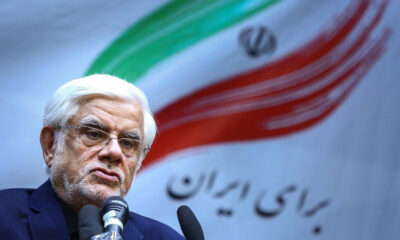
 Latest News5 days ago
Latest News5 days agoIran’s Vice President advocates stronger ties with neighbors, especially Afghanistan
-
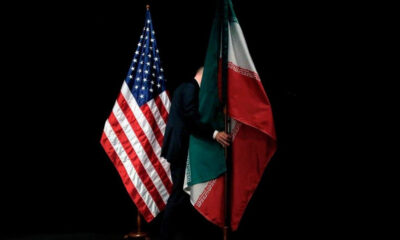
 Regional5 days ago
Regional5 days agoUS energy secretary sees tighter sanctions on Iran without deal
-
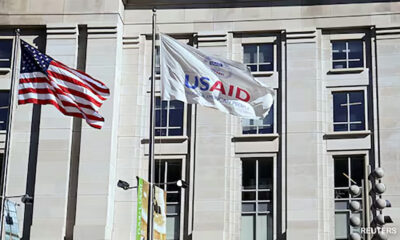
 Latest News5 days ago
Latest News5 days agoTrump administration moves to restore some terminated foreign aid programs, sources say
-
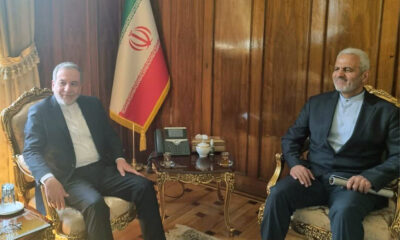
 Latest News5 days ago
Latest News5 days agoBigdeli updates Iran’s FM on current status of bilateral relations with Kabul
-
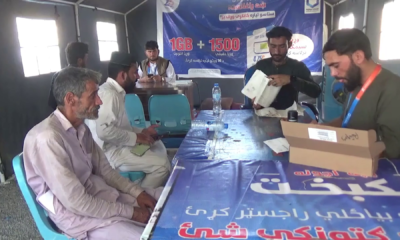
 Latest News4 days ago
Latest News4 days agoAWCC distributes free SIM cards to returning refugees from Pakistan
-

 International Sports5 days ago
International Sports5 days agoIPL 2025: Arya slays CSK for Punjab Kings




